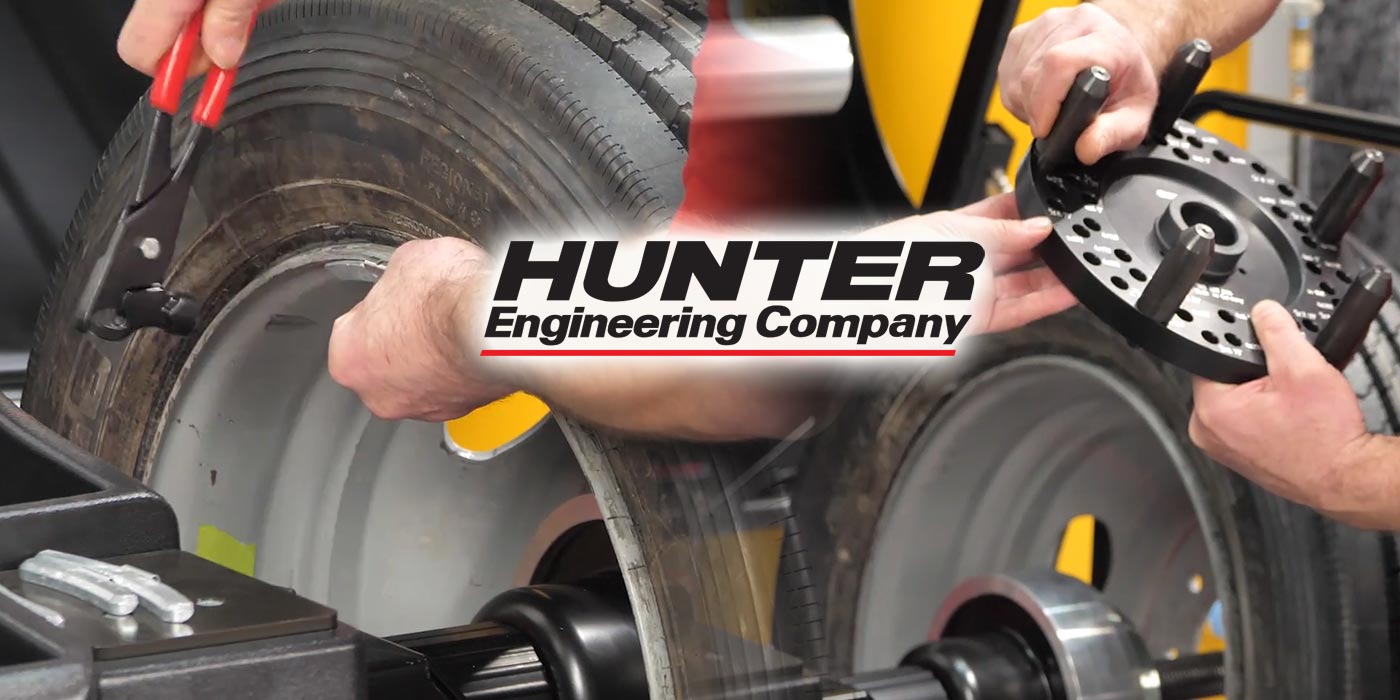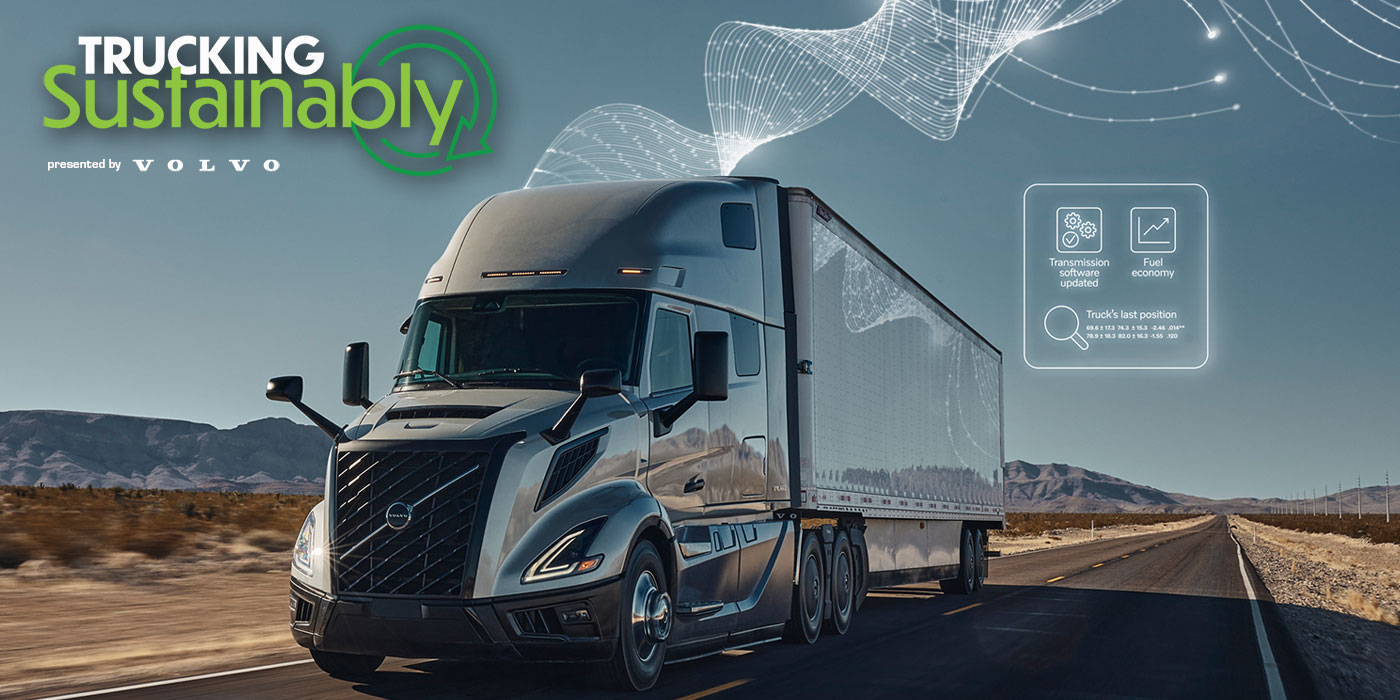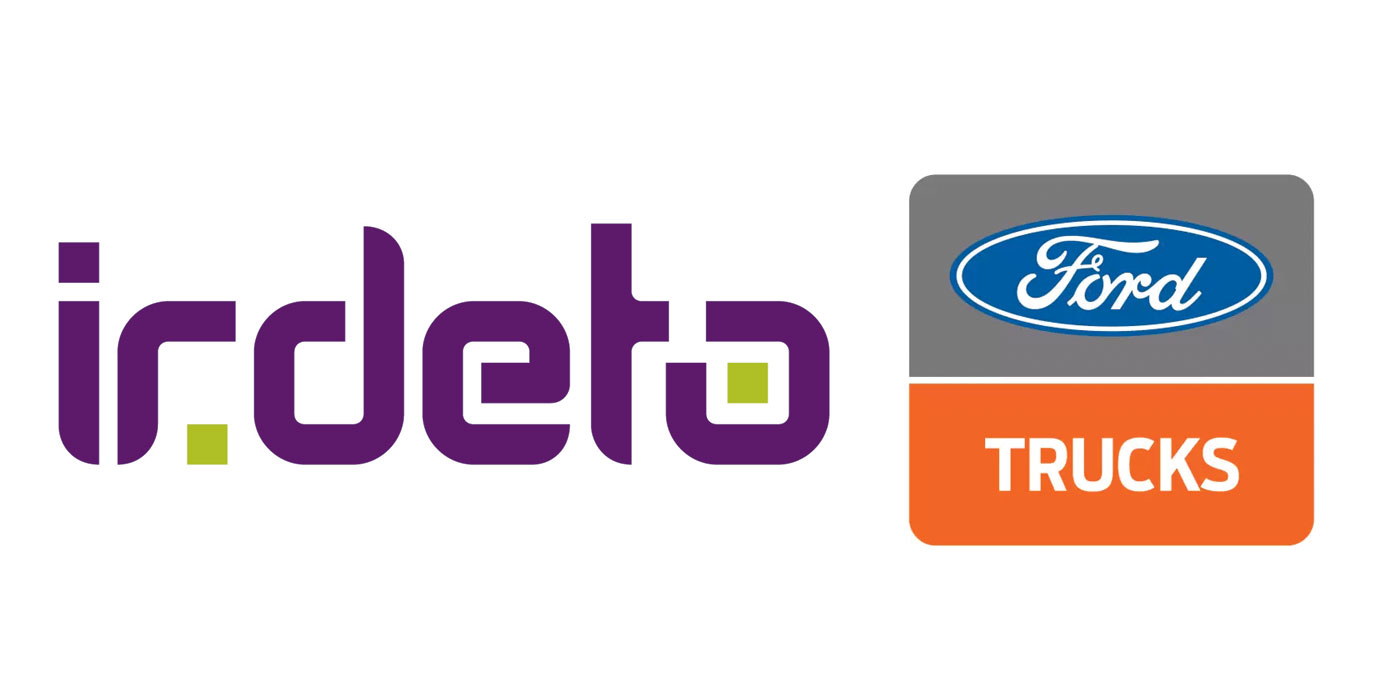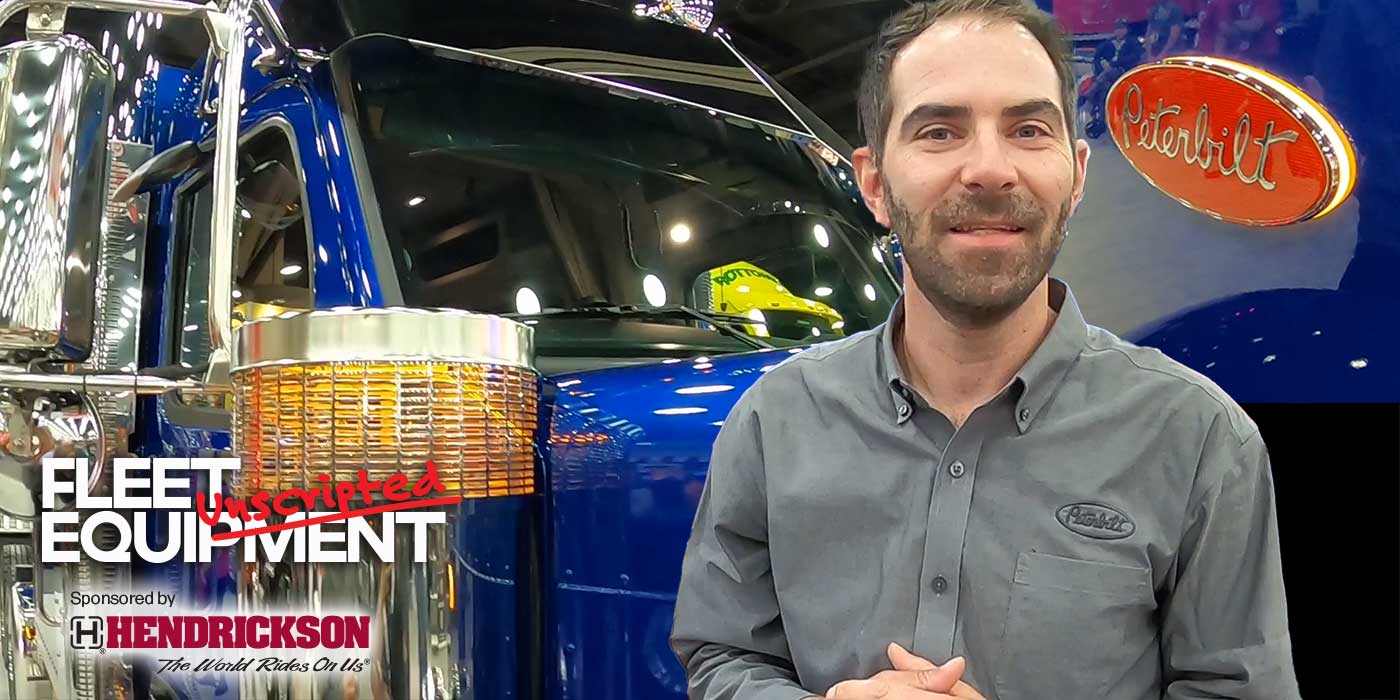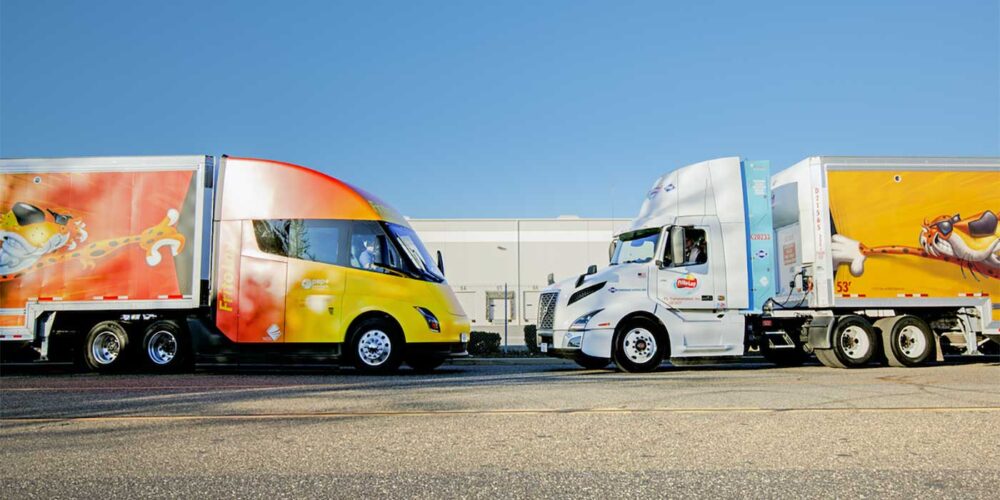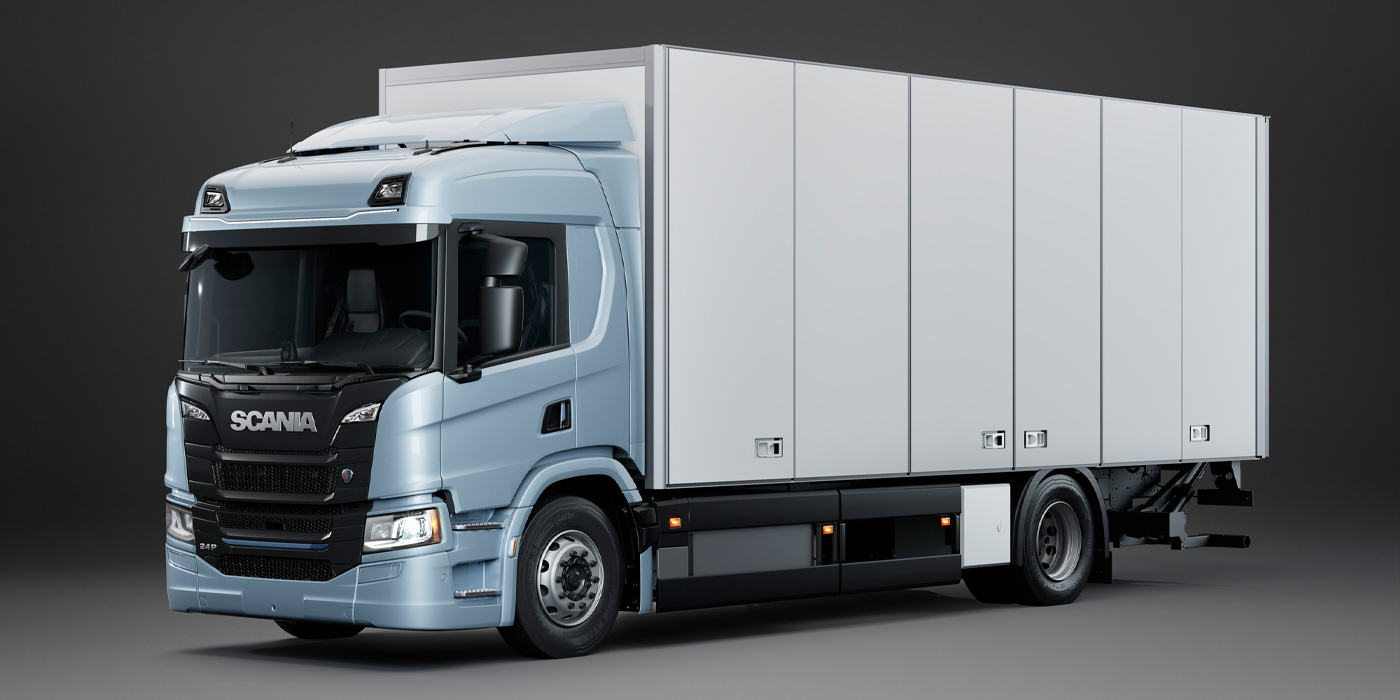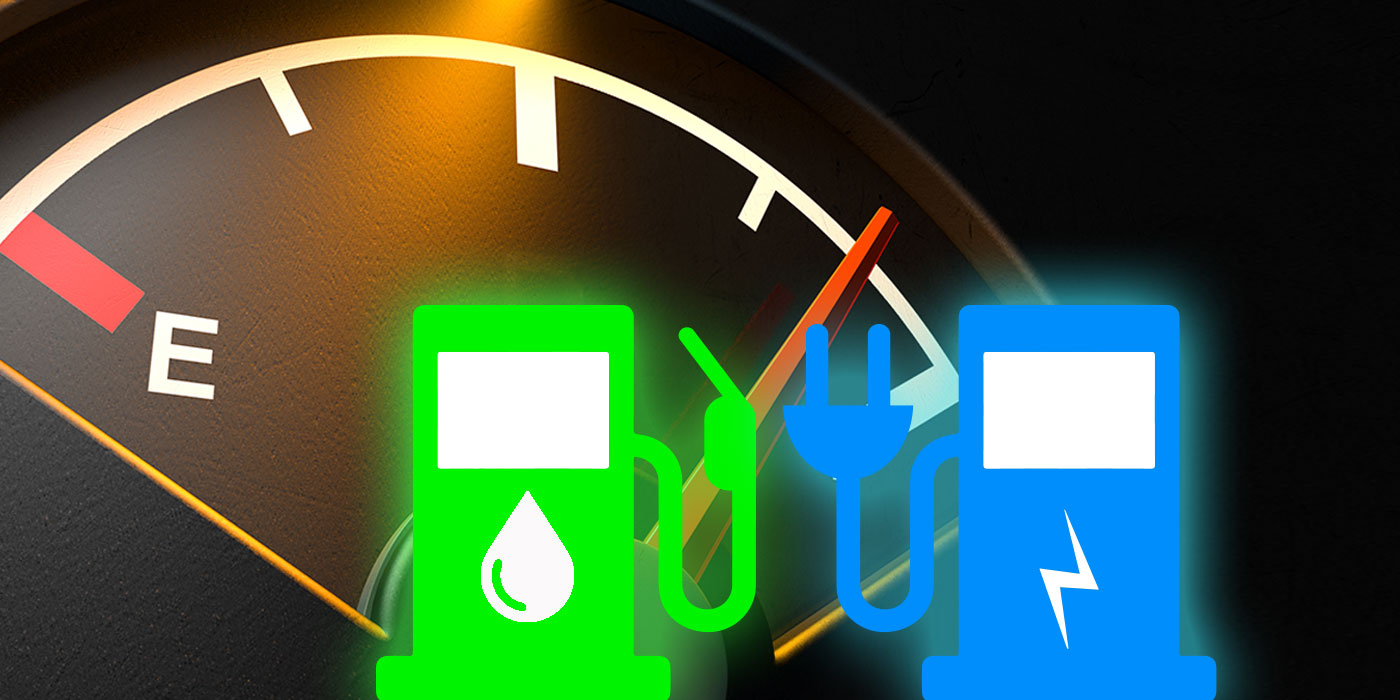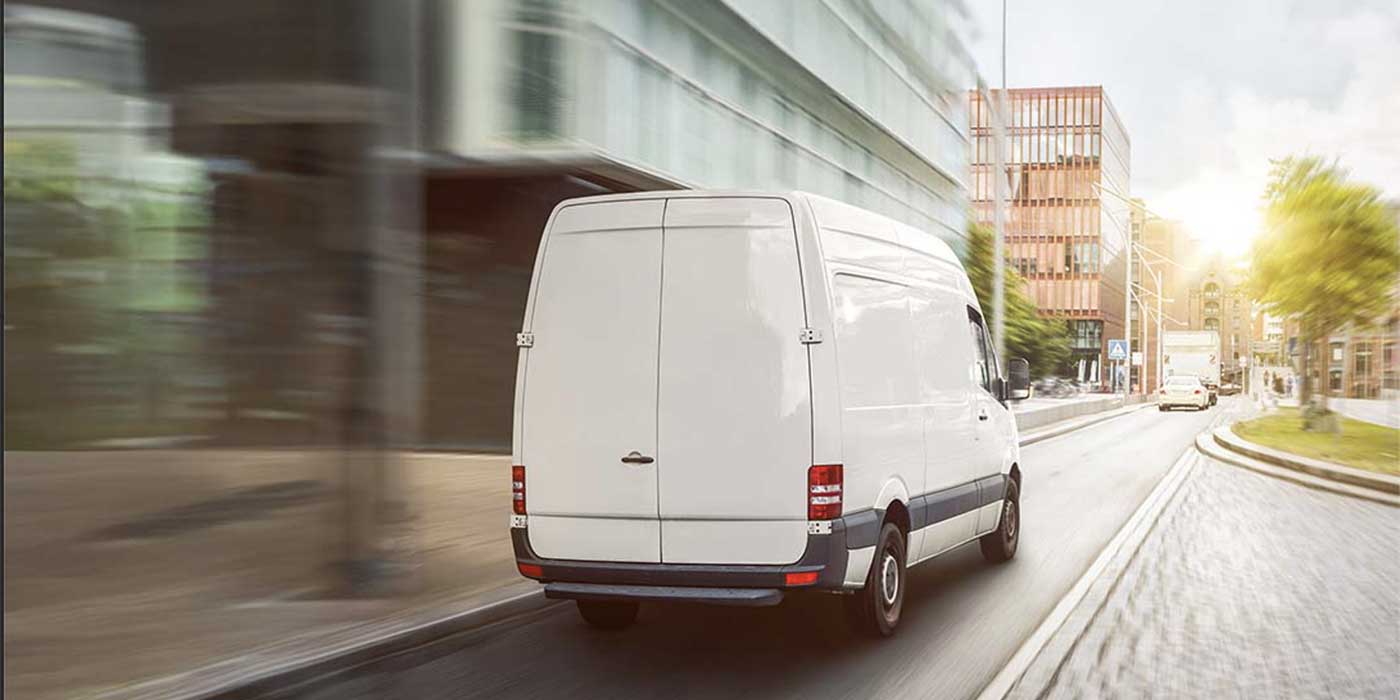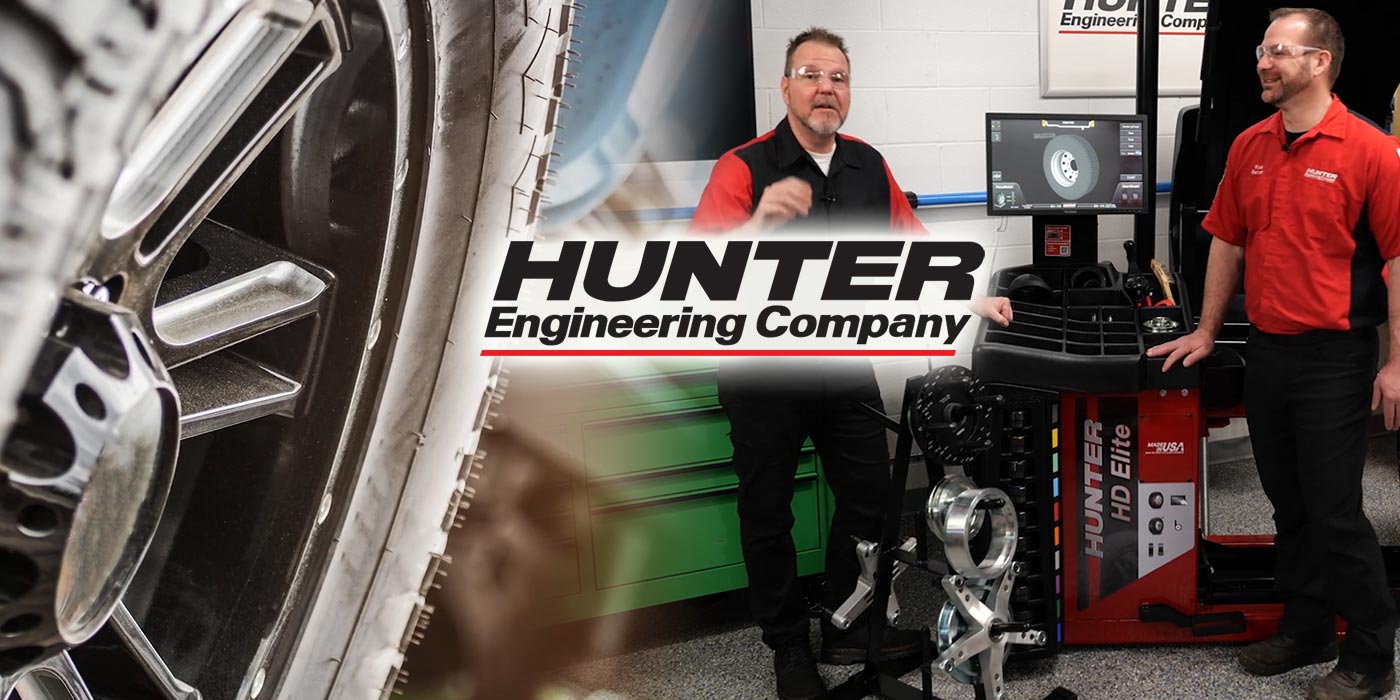We’re definitely off script in this episode of Unscripted. Ford dropped off a 2020 Transit, and we put it through its paces, testing out the latest technology like adaptive cruise control and lane-keep assist system. Our 2020 Transit was outfitted with the EcoBoost engine, which sports 310 HP at 5,000 RPM and 400 ft./lbs. of torque at 2,500 RPM. Watch the video above for all of the product details and driving technology impressions.
While we were rolling around town, Ford Telematics was tracking our productivity. I sat down with Travis Hunt, business development manager at Ford Commercial Solutions, to go through the data and sit in the seat that your drivers take when talking about data and driver behavior.

No script? No plan? No problem. Welcome to Fleet Equipment Unscripted—the video interview series that connects you with the greatest minds in the heavy-duty trucking world.
Bookmark the Fleet Equipment Unscripted page to catch all of our Unscripted episodes, and subscribe to our newsletter by clicking here to have the latest news and in-depth trucking stories delivered straight to your inbox.

